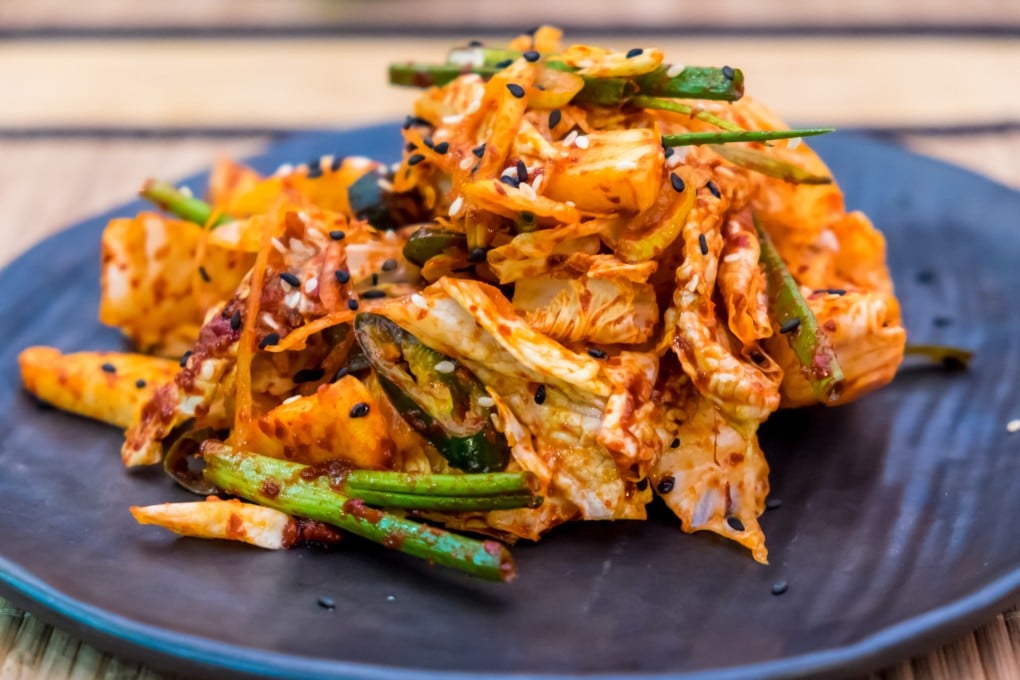Reflections | How the ‘kimchi war’ between China and South Korea could have been avoided
- While pao cai, a pickled dish from China’s Sichuan province, does boast an ancient antecedent, different global pickling traditions likely emerged independently
- The ‘war’ might have been averted if the Chinese were more ready to render the romanised names of their foods based on their native sounds

I recently received a few boxes of my favourite Korean dish, geotjeori, or “fresh kimchi”, a refreshing salad consisting of napa cabbage and scallions, mixed in a dressing made from a bewildering variety of ingredients such as garlic, sesame oil, fish sauce and red chilli pepper flakes.
Geotjeori isn’t available on the menus of most Korean restaurants in Hong Kong, nor is it often served as part of the banchan, that thrilling mini-smorgasbord of side dishes that is an indispensable part of the Korean eating-out experience.
To be honest, I prefer geotjeori to the ubiquitous baechu kimchi, the fermented, sour-and-fiery napa cabbage kimchi that’s the most well known and popular among all Korean pickles.
This caused an uproar among South Koreans, who accused the Chinese of appropriating Korean culture. An online war broke out between those who subscribe to the more toxic form of nationalism, with vicious slurs thrown across the ether.
Even after the Global Times clarified that the controversy was caused by a “misunderstanding in translation”, where “pao cai” had been erroneously translated as “kimchi” and that they were very different things, the online warfare continued.

